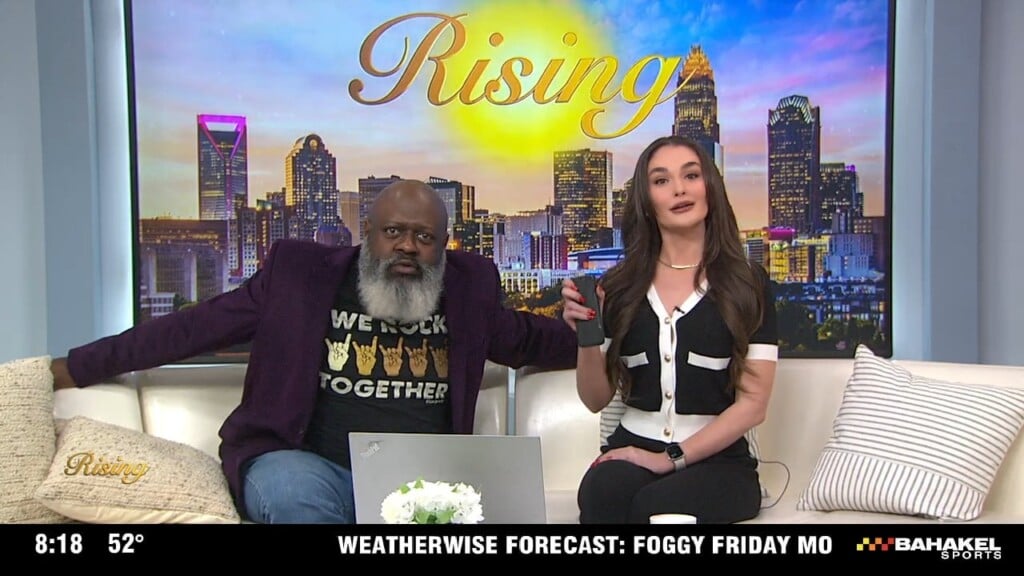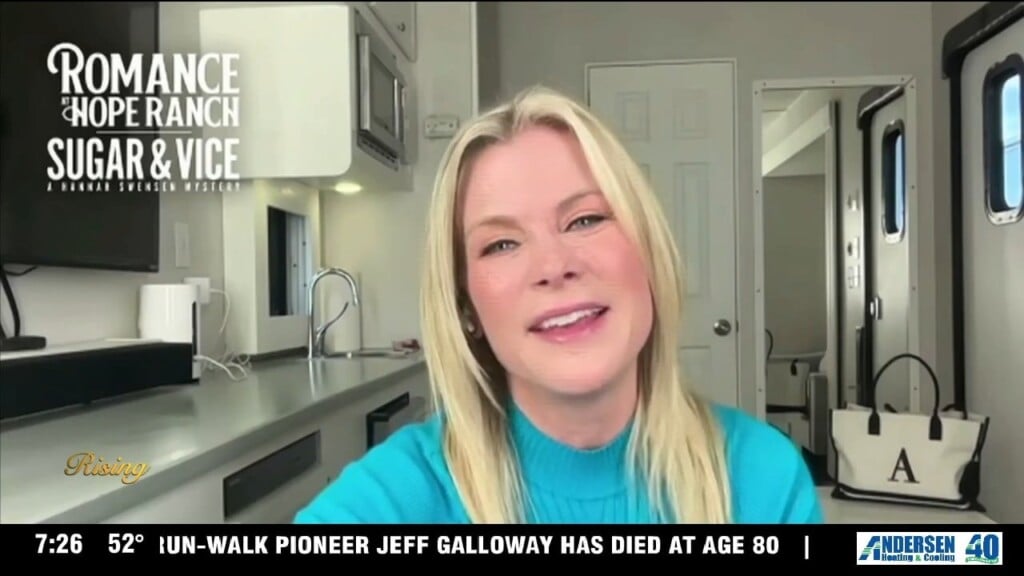Summer jazz series highlights need to protect federal community service block grant funding
CHARLOTTE, NC — The smooth sounds of jazz fill the Amp in Ballantyne as people enjoy the summer weather and the music, but behind the music is a message.
Jazz has always been a powerful vehicle for social change,” Charlotte Area Fund CEO Nicholas Wharton said.
The Charlotte Area Fund is partnering with the Royal summer jazz series.
It gives people a chance to connect and enjoy music, but it also serves a deeper purpose — to raise awareness about the potential elimination of federal funding for the community services block grant.
“The community service block grant for close to 60 years has been the engine that provides comprehensive services for low income families across the country. They impact close to 9.3 million low income families,” Wharton said.
The funding is at risk due to President Trump’s big, beautiful bill which was signed into law on July 4.
Cuts to the community services block grant could mean programs for low income families like Head Start and work force development could lose critical funding.
“Not only does it provide direct services like food, nutrition, workforce development programs, helping families to become economically self-sufficient, without those programs, it would be devastating for families,” Wharton said.
For artists, like Najee, the importance of federal funding is topic that hits close to home.
“I personally am a product of federally funded programs in New York City. I was a part of the jazz mobile program, which was federally funded,” Najee said.
So for him performing in the jazz series is more than just the music, its a chance to start the conversation on protecting the CSBG funding.
“So to take that away, I think we’re taking away a piece of our future which we do not want to see happen,” Najee said. .
Wharton said he wants that conversation to empower people to take action.
“You know, you can call your local officials, the congressmen, and senators. You can write letters, you can organize, you can have conversations,” Wharton said.




